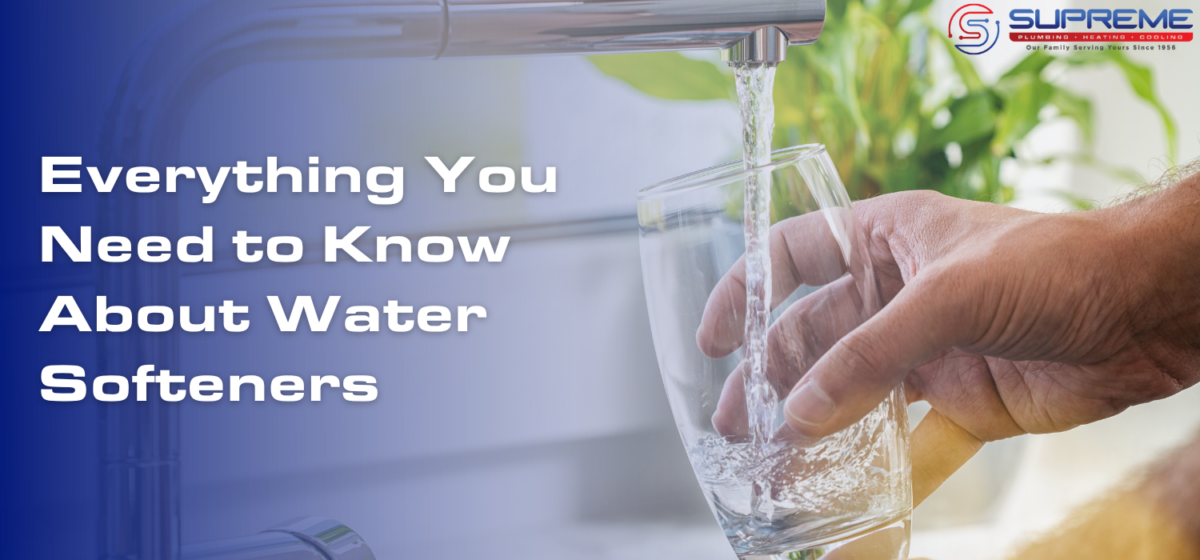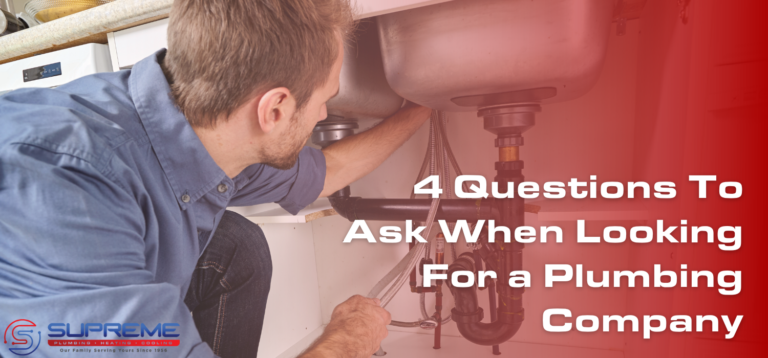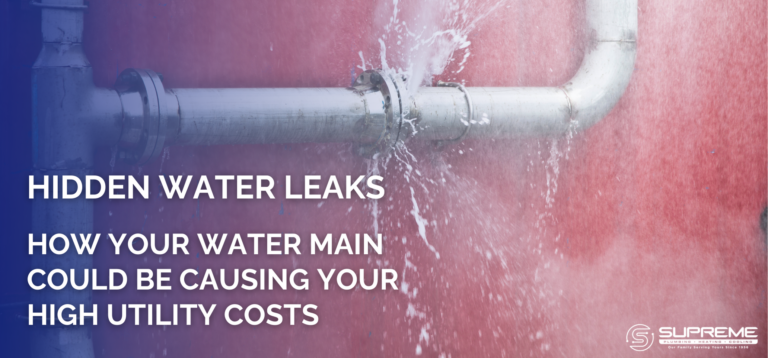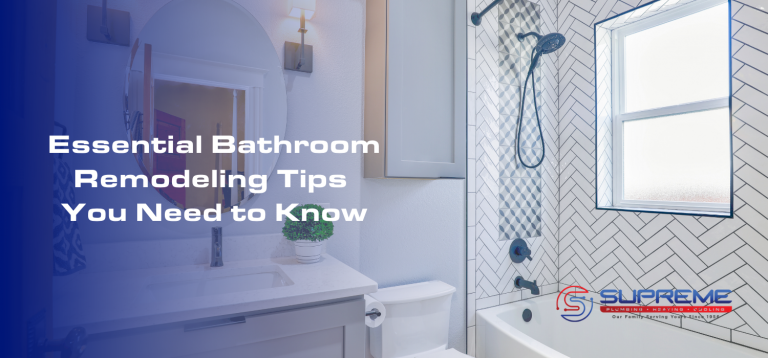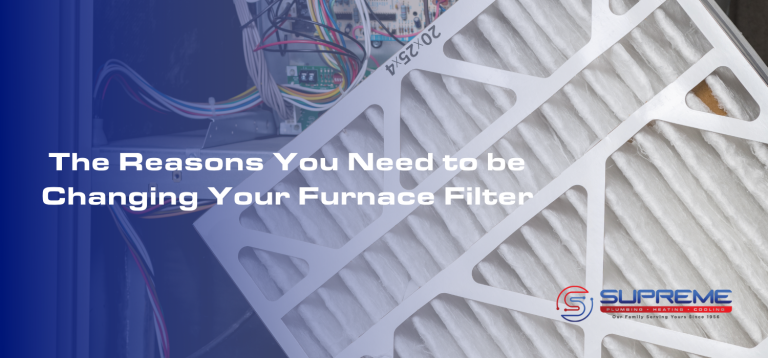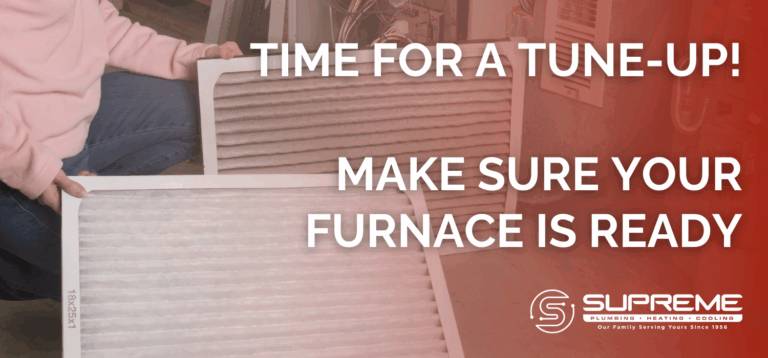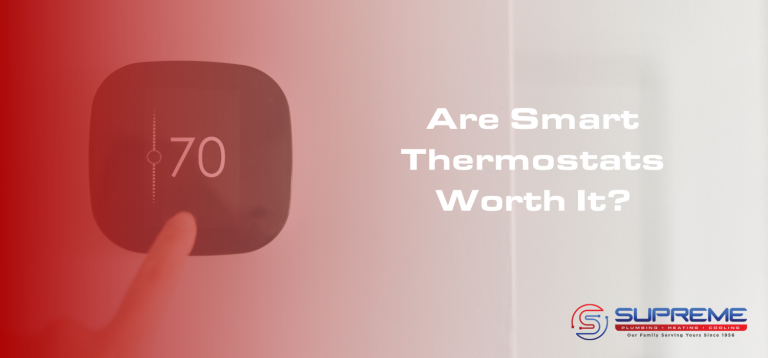Water is an essential component of our daily lives—but not all water is created equal. If you’ve ever noticed soap scum on your dishes, limescale buildup on faucets, or experienced dry, itchy skin and dull hair after a shower, you might be dealing with hard water.
The best solution? A water softener.
Below, we’ll explore the benefits of a water softener and how they work to improve the quality of water in your home.
Understanding Hard Water
Hard water contains high levels of minerals, primarily calcium and magnesium ions. These minerals are naturally present in groundwater as it passes through rocks and soil.
While these minerals are not harmful to human health, they can wreak havoc on your plumbing, appliances, and your skin and hair.
The Role of Water Softeners
Water softeners are devices designed to combat the negative effects of hard water. They operate on a simple principle: ion exchange.
The main components of a water softener include a mineral tank filled with resin beads and a brine tank containing salt.
How Water Softeners Work
Water softeners do the trick with these 2 steps:
1. Ion Exchange Process
First, hard water enters the mineral tank, where resin beads with a negative charge attract the positively charged calcium and magnesium ions.
As water flows through the resin bed, the calcium and magnesium ions swap places with sodium ions, promptly softening the water.
2. Regeneration
Over time, the resin beads become saturated with calcium and magnesium ions, and the softening capacity diminishes.
During the regeneration cycle, a solution of salt and water (brine) is flushed through the resin tank, displacing the collected minerals and recharging the resin beads for the next softening cycle.
Benefits of Using Water Softeners
Here are just a few of the many benefits of a water softener for water use all around the house:
1. Prevents Scale Buildup
Soft water prevents the formation of limescale deposits in pipes, faucets, and appliances, preserving their efficiency and longevity.
2. Extended Appliance Lifespan
Water-using appliances such as dishwashers, washing machines, and water heaters operate more efficiently and have a longer lifespan when exposed to soft water.
3. Reduced Soap and Detergent Usage
Soft water lathers more easily, leading to reduced soap and detergent consumption. This not only saves you money but also contributes to environmental sustainability.
4. Healthier Skin and Hair
Soft water is gentler on skin and hair, leaving them feeling softer and less prone to dryness and irritation.
The Bottom Line
Investing in a water softener is a wise decision for homeowners dealing with hard water. By understanding how water softeners work and the numerous benefits they offer, you can make an informed choice to improve the quality of water in your home.
Interested in High Quality Water? Contact Supreme!
Say goodbye to limescale buildup, appliance damage, and the frustration of dealing with the effects of hard water, and say hello to the many benefits of soft, high-quality water!
Supreme offers top notch water softeners that are guaranteed to improve the water in your home for you and your family.
Contact us today to learn more about installing a new water softener in your home.

